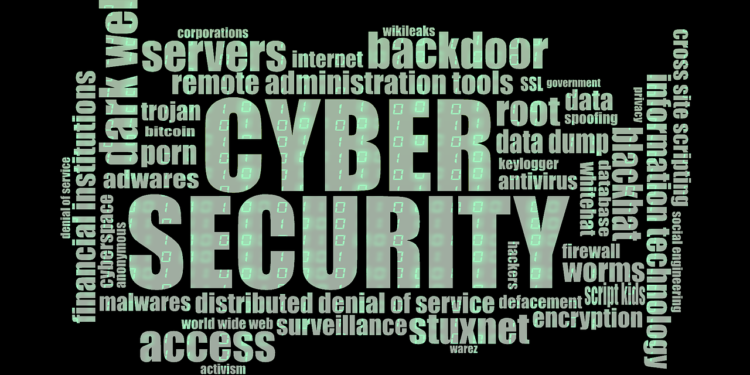Why Volunteering Can Accelerate Your Cybersecurity Career (Even Before You’re Hired)


For cybersecurity students and recent grads, breaking into the field is a catch-22. Employers want experience, but you need a job to get it. One of the most underused but effective strategies to solve that problem is volunteering.
Whether it’s helping a nonprofit harden their systems or running a basic audit for a local business, volunteering can create real leverage in your early cybersecurity career. Here’s how:
1. Build Real-World Experience That Actually Counts
Hands-on experience from volunteering often carries more weight than another lab or certification. It proves you can apply your skills in live environments. You’re solving problems, not just completing simulations.
Examples of real, resume-worthy volunteer work:
-
Run a basic vulnerability assessment for a local nonprofit
-
Set up two-factor authentication across a small organization
-
Create a simple incident response playbook
-
Lead a security awareness workshop for staff
-
Help a school review and update its password policies
-
Implement basic endpoint protection on donated laptops
These projects are tangible, documentable, and impressive when described well in interviews. With at least 5 million people working in cybersecurity, completed projects help you stand out. Specifically, they show initiative, execution, and impact vs. a long list of certs.
2. Create a Professional Network Without Attending Conferences
Volunteering puts you in touch with real stakeholders, like IT directors, operations managers, small business owners. These are people who may not be hiring today but will remember your name when they are.
Key benefits of this exposure:
-
Get introduced to others in tech or security circles
-
Receive referrals to freelance gigs or job openings
-
Gain future references or LinkedIn endorsements
-
Establish long-term mentors or collaborators
Volunteering is networking with proof of value. Even in the age of AI and technology, old-school relationships still matter.
3. Develop Soft Skills That Set You Apart
When it comes to cybersecurity: technical skills get you noticed. Soft skills get you hired. Volunteering forces you to communicate, prioritize, and explain technical concepts in plain English. Most classrooms don’t teach this.
What you’ll learn by volunteering:
-
How to explain risk to non-technical stakeholders
-
How to balance security with usability
-
How to scope and complete a project without much oversight
-
How to lead small teams or coordinate across departments
These are exactly the kinds of competencies hiring managers look for, especially in consulting or analyst roles.
4. Build a Portfolio of Stories That Strengthen Interviews
Interviewers don’t want generic answers. They want to hear what you did. Volunteer projects give you real stories that demonstrate action, impact, and growth.
Examples of compelling stories you can draw from:
-
“I reduced phishing click rates at a nonprofit by 70% with a 3-step training series”
-
“I helped a community clinic avoid a major vulnerability by flagging outdated software on medical devices”
-
“I created a basic logging and monitoring solution using open-source tools for a small legal firm”
These show initiative and problem-solving in a way labs and certs can’t.
5. Prove You’re a Self-Starter (One of the Most Hireable Traits in 2025)
In cybersecurity, waiting to be told what to do is a red flag. Volunteering is a direct signal that you take ownership. It shows you’re hungry and proactive, which stands out in a crowded field.
What this signals to employers:
-
You’re not waiting around to be taught… you’re already building
-
You can contribute value without handholding
-
You’re capable of managing ambiguity and responsibility
That’s gold to hiring managers, especially in startups, MSSPs, or high-growth teams.
Where to Start
Don’t overthink it. Many small organizations know cybersecurity is important but don’t know where to begin. You can be that starting point.
Places to look:
-
Local nonprofits, community clinics, and schools
-
Public libraries or municipal programs
-
Religious organizations or charities
-
Small businesses with no IT staff
-
Hackerspaces and cybersecurity meetup groups
What to offer:
-
Free basic risk assessment
-
Security policy templates
-
Staff training (phishing awareness, password hygiene)
-
Recommendations for free or low-cost security tools
-
Setup for secure Wi-Fi or cloud file storage
Keep it scoped and manageable. Start with a one-day audit or training session. Build from there.
Big Picture Takeaway
Volunteering isn’t just for charity. It’s a strategic investment in your career. You’ll get real-world experience, valuable contacts, stronger interview stories, and better soft skills. Most importantly, you’ll stand out from the hundreds of candidates who only did coursework and labs. If you’re serious about cybersecurity, don’t wait to get hired to start doing the work.

